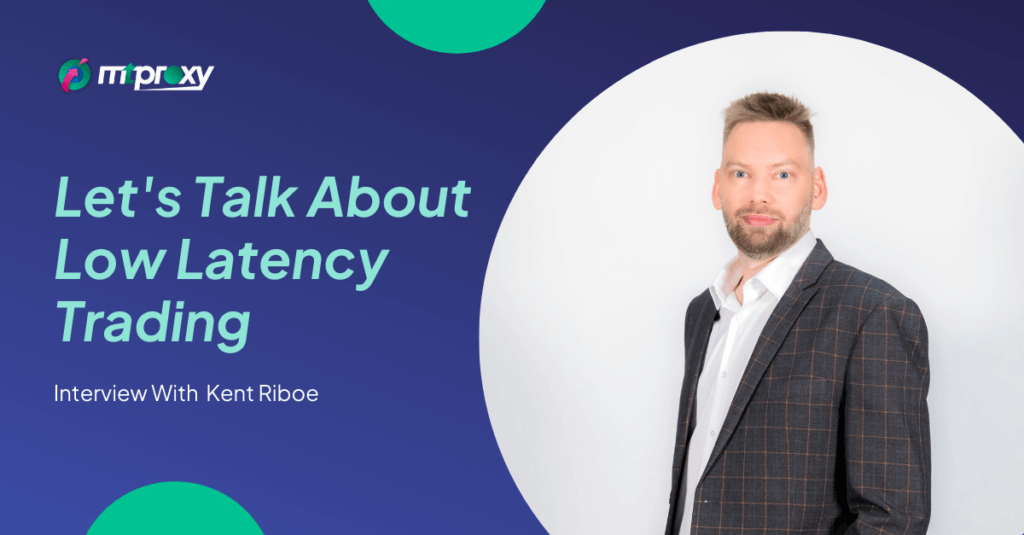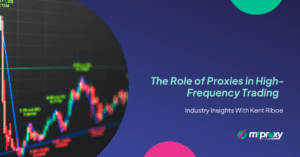Why is low latency so important to forex traders?
Most retail traders understand how latency affects price and profit. They also understand that latency can vary massively from one region to another. It is easy for traders to share their experiences online, compare broker reviews, and find out which company offers the best trade execution in their areas. It is also really easy for traders to jump ship if they think they’ll get better trading conditions with another broker. And why shouldn’t they? At the end of the day, they want to make money and they need low latency trading to do that.
Why is low latency now also so important for forex brokers?
Low latency is good for business. To stay competitive, brokers need to provide the best possible service in terms of both customer experience and customer support. That means great trading conditions and great trade execution speeds. Without those, brokers risk losing clients. Low latency is also good for a broker’s reputation. The regulators want to see more transparency in the industry and are keen for brokers to start publishing their trade execution statistics. The better brokers are at delivering low latency trading, and the more upfront they are with their data, the better their reputation will be.
How does having low latency help brokers protect their businesses against latency arbitrage?
Latency arbitrage is when a client trades with one fast broker and one slow broker. They see the price on the fast one, and can then open trades accordingly on the slower broker, enabling guaranteed returns for the trader. And since many brokers today prefer b-booking, it becomes a loss for the broker. There are traders out there, where this is their main business, and it costs slow brokers millions, daily.
What are the main challenges brokers face when trying to reduce latency?
The world is a big place when it comes to connectivity and reaching clients everywhere. The main challenge for brokers is reducing latency at all stages of the trade execution.. Many brokers think that just because they have their main server in New York, Tokyo or London, they have fast execution. That’s sadly a myth. Brokers need to have the fastest bridge and liquidity providers as well, and that’s still only a small piece of the puzzle, as that only affects the execution time from the main server to the upstream providers. Brokers also need to consider how fast the trade execution time is from the client to the main server. This is where the larger issue lies.
Many brokers think that having one main server in a strategic location is enough to guarantee good trade execution speeds for all their clients worldwide. It does not. To get better trade execution, brokers also need to have MT4 Datacenters or MT5 Access servers (proxies) near their clients. For example, if a broker has 500 clients in Singapore, and all of them connect directly to New York, or London, then there will be a large number of daily disconnections and re-transmits. This is where being closer to clients becomes important, as it reduces client connection errors, and in turn reduces customer support tickets.
Are there any countries where reducing latency can be more challenging for brokers?
I would say it is more challenging for brokers to reduce latency for traders in countries where internet connectivity is of lower quality. For example, certain countries in South America and Africa. And then of course there are places like Dubai, Australia and Brazil that are far away from major trading hubs. Sending data over vast distances, like Dubai to New York, Australia to New York or Brazil to London can be challenging. This is because it involves working with multiple internet service providers and it can be hard for brokers to find stable, reliable connections along these routes.
How does MT Proxy help solve these challenges?
First of all, we’ve got vast experience in internet networking. We know which internet service providers connect at which points in the world, and how to reach certain clients in certain regions. We know how to make the best setups, how to optimise proxy server locations, and how to get the best connection paths, and how to improve connectivity in more remote locations. That’s our area of expertise and that’s why we can help brokers address even the most difficult latency issues.
Why, in your opinion, is MT Proxy the best low latency solution on the market?
We offer brokers a fully-managed service. This means we create and optimise their proxy network for them, saving them time and resources. We also place a high value on end-user experience. It’s important to us that the brokers we work with benefit not only from faster trading but also from better customer satisfaction and better customer retention. We help brokers deliver a better online trading experience, which means they get less latency-related support tickets, and less latency-related complaints. And we feel it’s this focus on the end-user experience that makes us one of the best solutions on the market.



